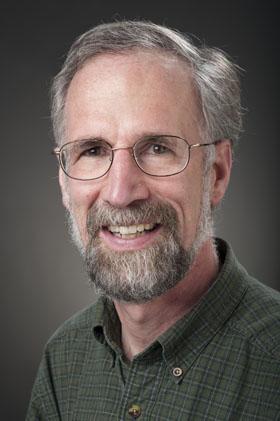
The 10th annual Arthur M. Schlesinger Jr. Award for distinguished writing in American history of enduring public significance, given jointly with the Roosevelt Institute, is presented to William Cronon.
William Cronon, a pioneer in the field of environmental history with an unparalleled commitment to public discourse and academic freedom, is the Frederick Jackson Turner and Vilas Research Professor of History, Geography, and Environmental Studies at the University of Wisconsin, Madison. A Rhodes scholar, Cronon began his career at Yale, where he completed his PhD, and taught in the History Department. Awarded a MacArthur Prize in 1985 for his pathbreaking work in his first book, Changes in the Land, Cronon quickly earned a reputation for his dedication to teaching and to bringing historical scholarship both to the general public and to policy makers. Leaving Yale for his home state in 1992, Cronon brought his talents to the University of Wisconsin, Madison, where he’s won teaching prizes while publishing more field-defining books, including Nature’s Metropolis.
A past president of the American Historical Association, Cronon is also known and widely admired for his defense of academic freedom. In 2011, he launched a blog called Scholar as Citizen, in which he discussed, among other topics, Wisconsin politics. Members of the Wisconsin Republican Party, citing public records laws, then requested that the University produce Cronon’s email archive. The University complied, taking care to exclude exchanges with students and those with scholars that fell within the domain of academic freedom. Cronon was also supported by the University Senate, which passed a resolution calling for the protection of academic freedom, and by the University Chancellor, who, in a statement urged the faculty to engage in the “continual and fearless winnowing and sifting of ideas,” which is not only part of the academic tradition, but also the way to a better society.